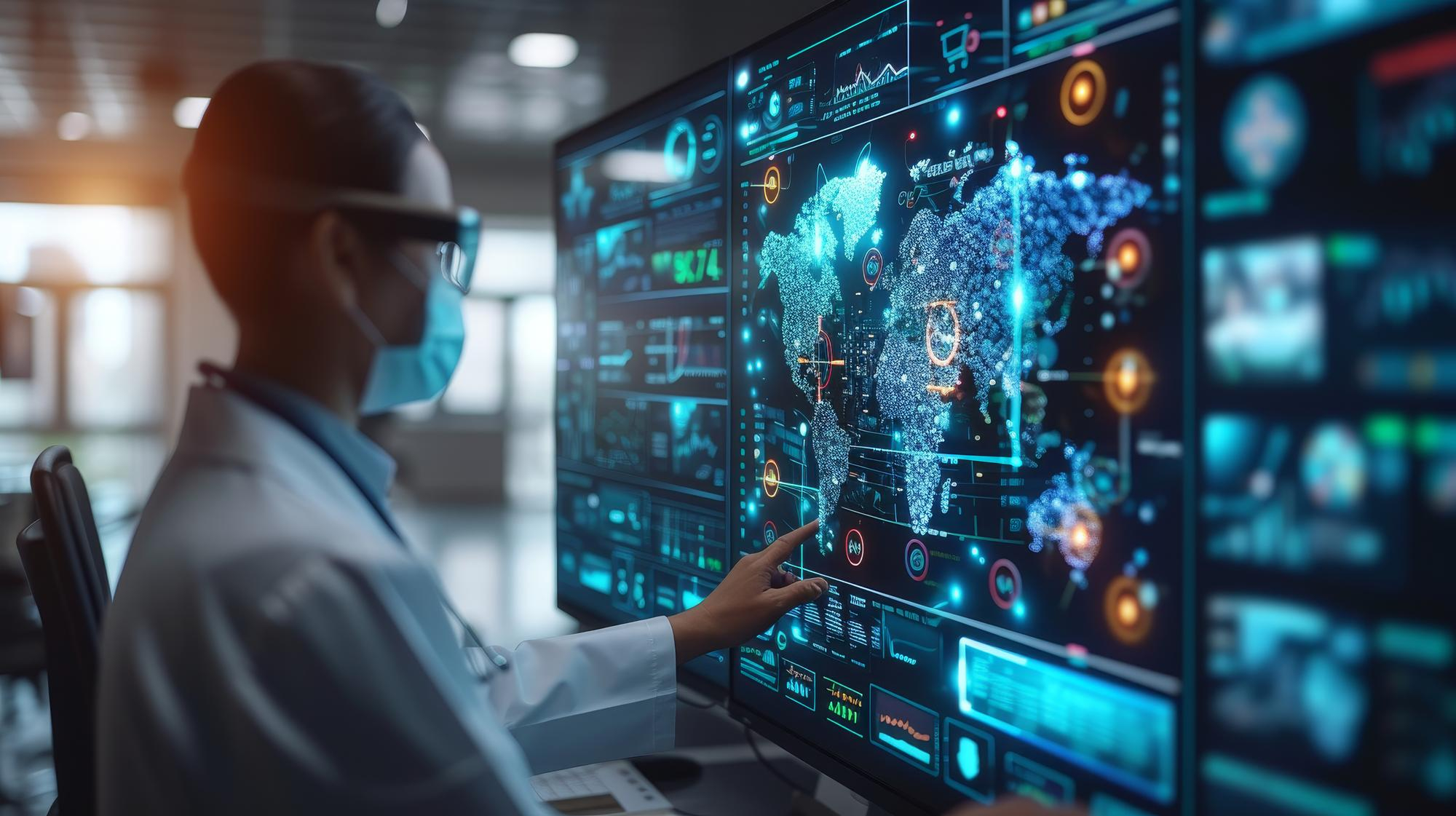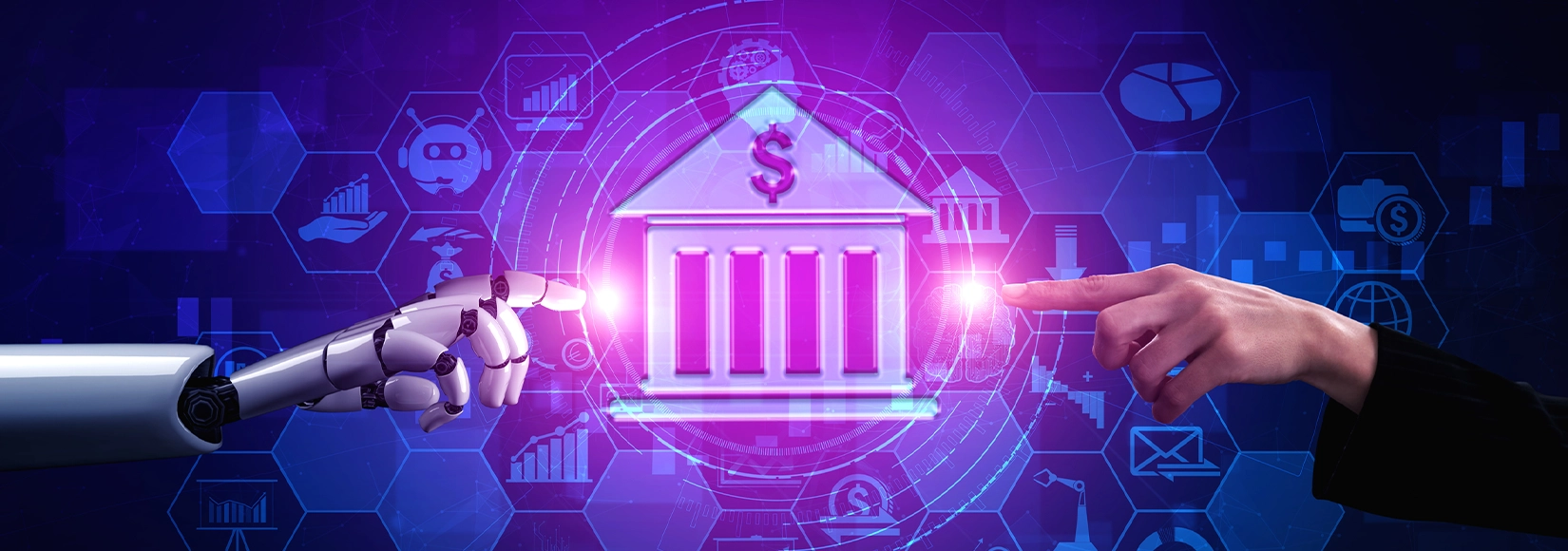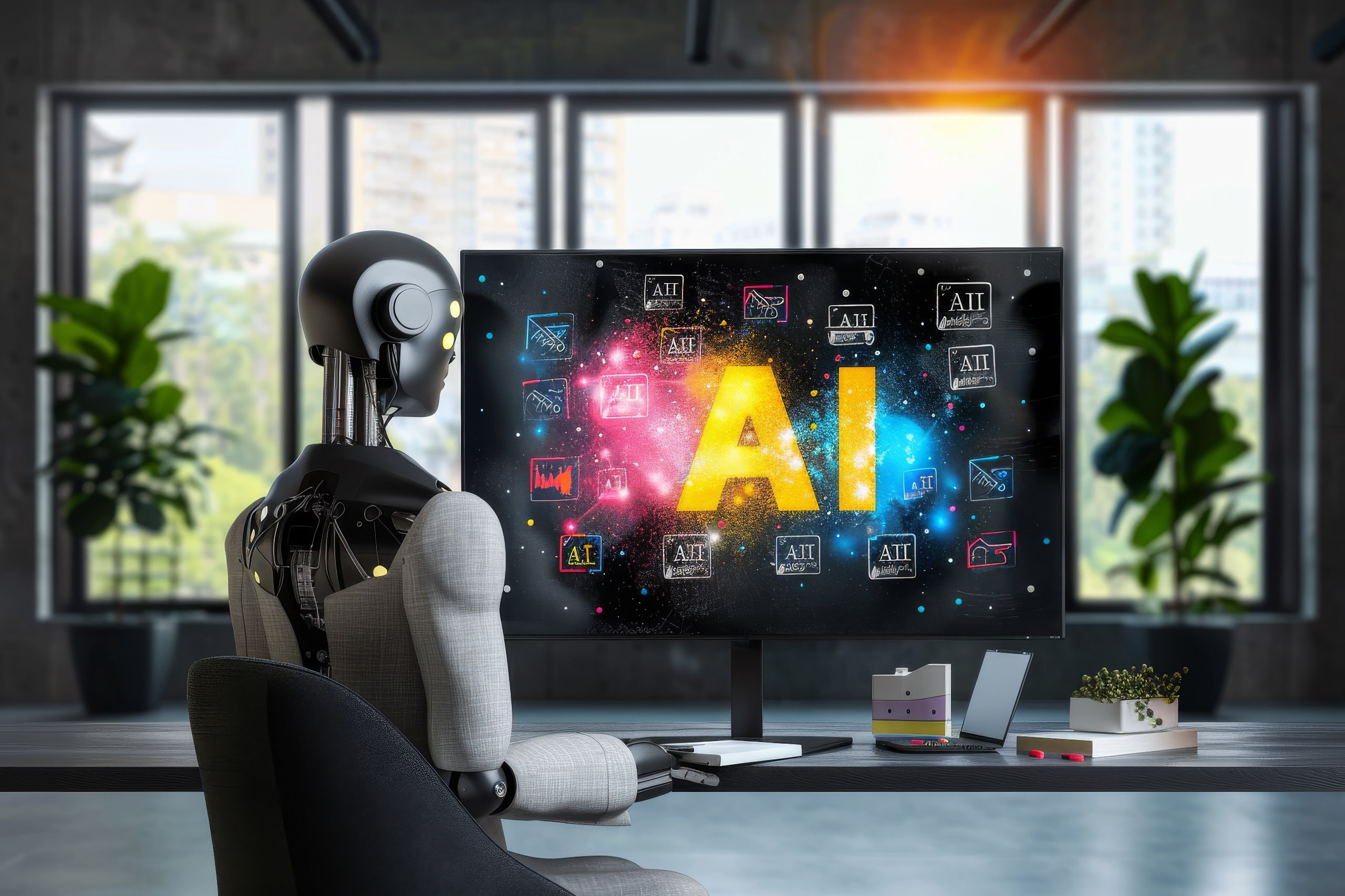The health industry has always been a busy industry with high pressure. Moreover, conditions like the COVID-19 pandemic, less number of medical practitioners, and more patients have now put pressure on hospitals to adopt effective methods to manage hospital resources, patients, and medicines properly.
Incorporating artificial intelligence into the healthcare systems can automate most of the operations, help in better hospital management, and provide customized treatment to patients by providing real-time insights and pieces of advice. Today, AI is not only revolutionizing hospital operations but is also used by many healthcare companies for drug development and research.
Applications of AI in Healthcare
- AI-Augmented Medical Diagnosis
- AI-Driven Drug Discovery Acceleration
- Patient Experience Transformation with AI
- Intelligent Healthcare Data Management
- AI-backed Telehealth Platformed
In this blog, we will read about real-life examples of how AI is being used in the healthcare industry, and how big companies are utilizing it for extensive research and drug development.
Real-World Use Cases of AI in Healthcare
The following are great examples of how AI has revolutionized the health industry.
1. Enhancing Patient Positioning & CT Image Quality
Computer Tomography (CT) scans are one of the most used imaging systems. Every day, the number of patients requiring CT scans is rising, and keeping a consistent image quality of the scans is a hurdle that is coming up. In addition, the right positioning of the patients is also important because their mispositioning can lead to heightened radiation doses or produce image noise. To help with this, AI-enabled camera technology can automatically detect inaccurate patient positioning, and techniques like AI-powered image reconstruction improve image quality, thereby reducing the radiation exposure of the patient.
2. Accelerating MR Image Acquisition
Magnetic Resonance is another important imaging system that is used to detect different medical conditions precisely. The increasing demand for MRs has put pressure on healthcare to adopt advanced technologies for efficiently screening more patients and reducing the duration of one scan. Incorporating AI into the systems would help in rapid and accurate examinations and reduce the cost per MRI. This is even more helpful for patients with critical conditions or high pain, as AI-supported MRIs would give accurate results in the first scan.
3. Simplifying Ultrasound Measurement Workflows
Ultrasound is widely used as the first modality by medical practitioners to diagnose any disease. Its ability to help them visualize the insides of the human body is doing wonders. However, the problem with the current scenario is less efficiency as ultrasound depends completely on human beings to operate the machines. This even involves the setting of repetitive measures that are required for every examination. Thus, with the help of AI, most such tasks, which are repetitive and manual, can be automated to save time and deliver fast results, improving both patient’s and medical practitioner’s experience.
4. Improving Radiologist Efficiency and Diagnostic Accuracy
Artificial intelligence can assist radiologists in rapidly processing the results with the help of image segmentation and quantification. It can cross-check the decisions of radiologists and highlight the areas of interest or incidental findings that the concerned person might have missed. Thus, AI enables radiologists to process more images than before, thus letting them deal with more patients.
5. Enabling Multidisciplinary Collaboration in Oncology
AI can help keep track record of patient’s health, their treatments, and the results of examinations like CT scans, ultrasounds, etc. This feature is important in the diagnosis of various diseases, especially cancer. In the treatment of cancer, AI can provide insights from various clinical departments like radiology, pathology, genomics, EHR systems, etc, on one platform, which enables the medical practitioner to have a broader view of patient’s disease state and make informed decisions accordingly.
6. Providing Guidance for Minimally Invasive Surgeries
Minimally invasive surgeries refer to surgeries that are done using small incisions and a few stitches. AI-based automation and clinical decision-making support help physicians perform minimally invasive surgeries on patients with critical conditions or heart diseases. For instance, AI will help them analyze CT images to automatically detect vessel blockages, which are the major source of strokes. This even allows the physicians to operate with more efficiency and accuracy.
7. Early Detection of Patient Deterioration in General Wards
AI can be quite beneficial for patients and healthcare representatives during acute and post-acute care. Many patients undergo severe adverse effects after the surgery, which is why patients require some special attention post-operation. Manually checking the conditions of the patients can be time-consuming and makes them prone to human errors. This is where AI comes forward, monitors the patient’s signs and symptoms, and automatically detects their deteriorating conditions, alerting the nurses and hospital staff to take precautionary measures to bring the patient’s conditions under control, thereby saving their lives.
8. Maximizing Equipment Durability Through Predictive Maintenance
Predictive maintenance via AI and ML algorithms can help to analyze real-time data from medical equipment and can predict when the medical equipment would be in need of maintenance. By considering parameters like temperature, vibration, and component wear, AI models can accurately predict potential failures and schedule timely maintenance. This approach optimizes equipment utilization, reduces unexpected breakdowns, and extends the lifespan of critical healthcare devices, ultimately enhancing patient care delivery and operational efficiency within healthcare facilities.
9. Optimizing Patient Flow and Hospital Operations Management
Artificial Intelligence (AI) holds the key to efficiently managing and optimizing the use of hospital resources such as beds, equipment, medications, and the allocation of staff duties. Especially during periods of intense pressure on hospital management, AI can provide invaluable support in effective planning and adapting swiftly to rapidly changing situations. This capability not only ensures the optimal use of resources but also significantly enhances the hospital’s ability to respond to emergencies and high-demand scenarios, thereby improving the overall quality of patient care.
10. Remote Cardiac Patient Monitoring for Timely Care
AI automatedly monitors the condition of heart patients and their heart function. This can not only be done physically, but also remotely by using wearables. In case the condition goes down or is predicted to deteriorate, the respective doctor will automatically be alerted so that required actions can be taken to prevent any unwanted events. Thus, AI would keep patients with critical conditions all time connected with the doctors, and record their conditions for better analysis and effective treatment.
Big Healthcare Companies Using AI
Following are the leading companies that use artificial intelligence to streamline and advance their operations:
Pfizer
A leading multinational pharmaceuticals and biotechnological company that supported the development of COVID-19 treatments actively uses AI to aid their research and drug development for various medical conditions. Researchers at Pfizer use modeling and simulation to find compounds that are most likely to be successful as treatment options, allowing them to focus on their research efforts more efficiently.
IBM
IBM’s famous data analytics processor that uses natural language processing, Watson, is now taking the lead in the healthcare industry and helps healthcare professionals to efficiently study their data to boost their efficiency, enhance patient’s experience, and provide them with advanced treatments. From providing personalized treatment recommendations and clinical decision-making support to interpreting genetic test results and detect
AiCure
As the name says, AiCure is a New York-based company that leverages AI to cure patients. With their mobile applications, they make use of AI, ML algorithms, and computer vision to track the medications or drug doses of the patients and keep the medical faculty updated in case they need to intervene in the patient’s treatment. Thus, AiCure’s healthcare platforms store data on the ongoing treatment of patients and enable medical practitioners to check on the patient’s behavior through data-driven insights, allowing them to make more informed decisions.
Owkin
Owkin aims to enhance cancer treatments by leveraging AI’s potential for effective drug discovery and diagnostics. The company utilizes AI to identify new drug targets, recognize suitable drug combinations, and discover other diseases that can be treated with the selected drug combinations.
Kaia Health
Based in New York, Kaia Health runs an online therapeutic platform that lets physiotherapists provide care to patients according to their schedules. Their platform offers AI-backed services like customized programs, reviewals, workout plans, relaxation activities, and training for treating chronic back aches. It even provides an AI-powered PT-grade feedback coach.
Spring Health
Spring Health utilizes AI-powered personalization to deliver mental health support to employees. By harnessing machine learning models and comprehensive individual datasets, Spring Health’s platform analyzes vast pools of mental health data to intelligently match employees with the most suitable mental health specialists and care providers. This AI-driven approach streamlines access to personalized in-person or telehealth services, encouraging employers to actively address their workforce’s mental well-being through targeted, data-driven insights.
Twill
Twill, also called “The Intelligent Healing Company,” distributes medical supplies while collaborating with enterprises, pharmaceutical companies, and health plans to develop formulations using its intelligent healing platform. The organization uses AI to provide personalized care and track the treatment of medical conditions like sclerosis and psoriasis. Digital therapeutics, care associations, and coaching are some of the individual programs they offer.
Thus, many companies have now incorporated AI into their healthcare solutions and are paving the way to a healthier world with AI together!
Conclusion
Currently, AI does not have the reasoning ability as good as medical practitioners. However, it is still blooming in the medical industry with its cutting-edge automation and ability to make predictions or data-backed actionable decisions by recognizing underlying patterns. Thus, by automating high-volume and time consuming tasks, AI has drastically streamlined healthcare operations and has enhanced the experience of both healthcare providers and patients.
Looking ahead, we can hope for significant advancements in the development of efficient algorithms that can work on unlabelled data, be it structured or unstructured, including imaging, electronic health data, and a wide range of behavioral and pharmacological data. In the long run, future AI systems are expected to become smarter, paving the way for the healthcare sector to provide precise, AI-enhanced, and interconnected care. The healthcare industry would shift from providing one treatment to providing personalized, preventative, and data-driven care, which not only yields better patient outcomes but also delivers these results in a more cost-effective manner.
If you are looking for the best AI development company to develop tailored AI solutions to innovate and grow your business, go nowhere because BuildFuture AI is here to help you pave your way towards advanced technology!




